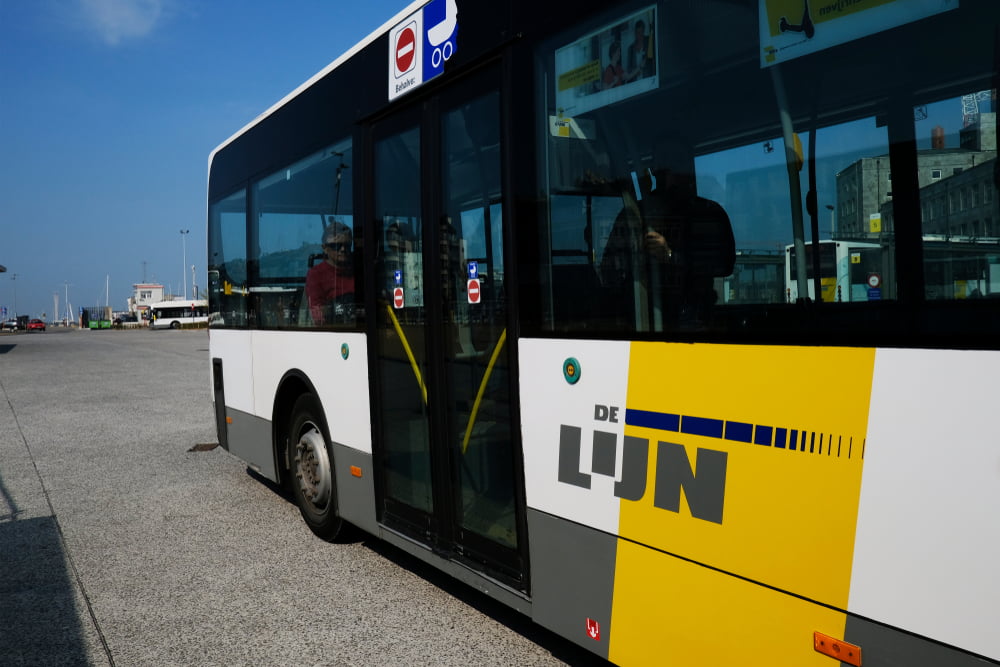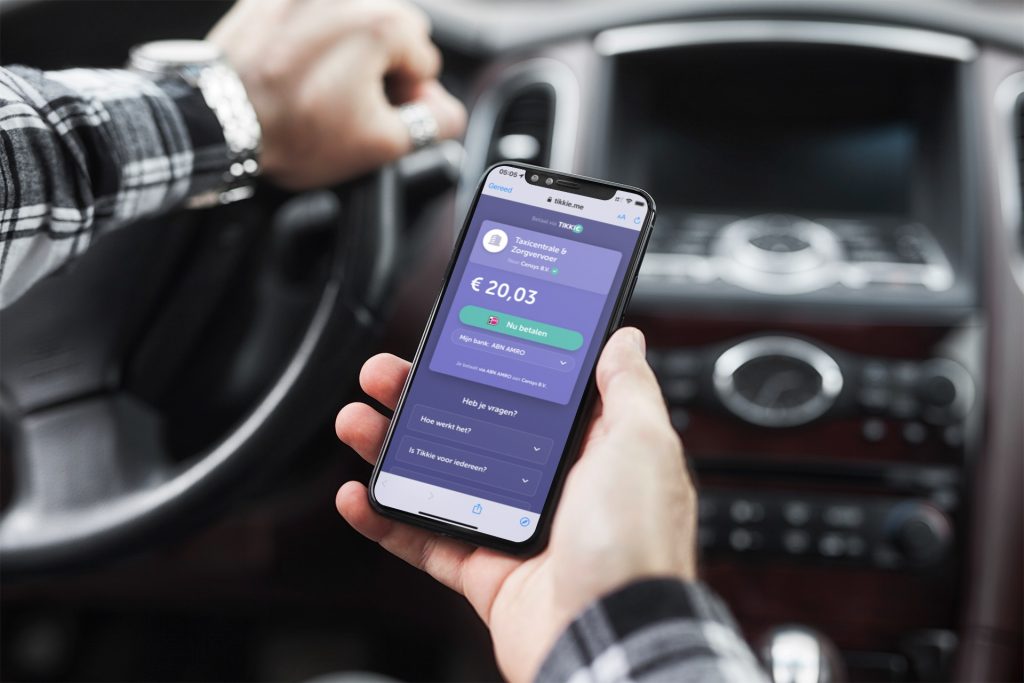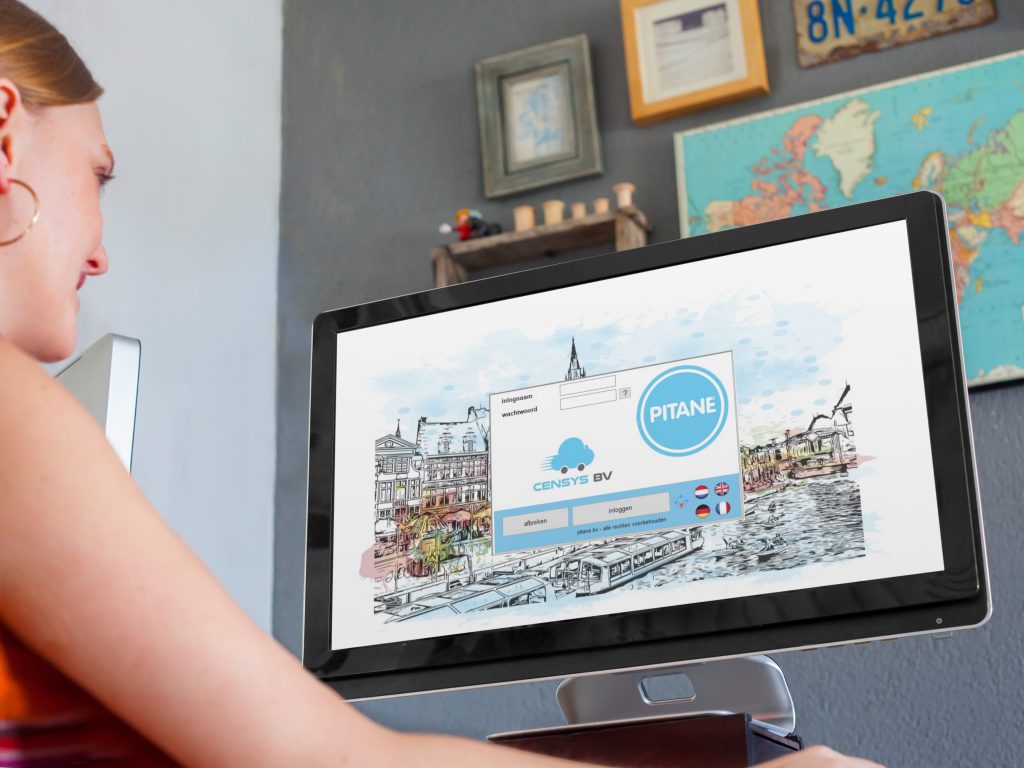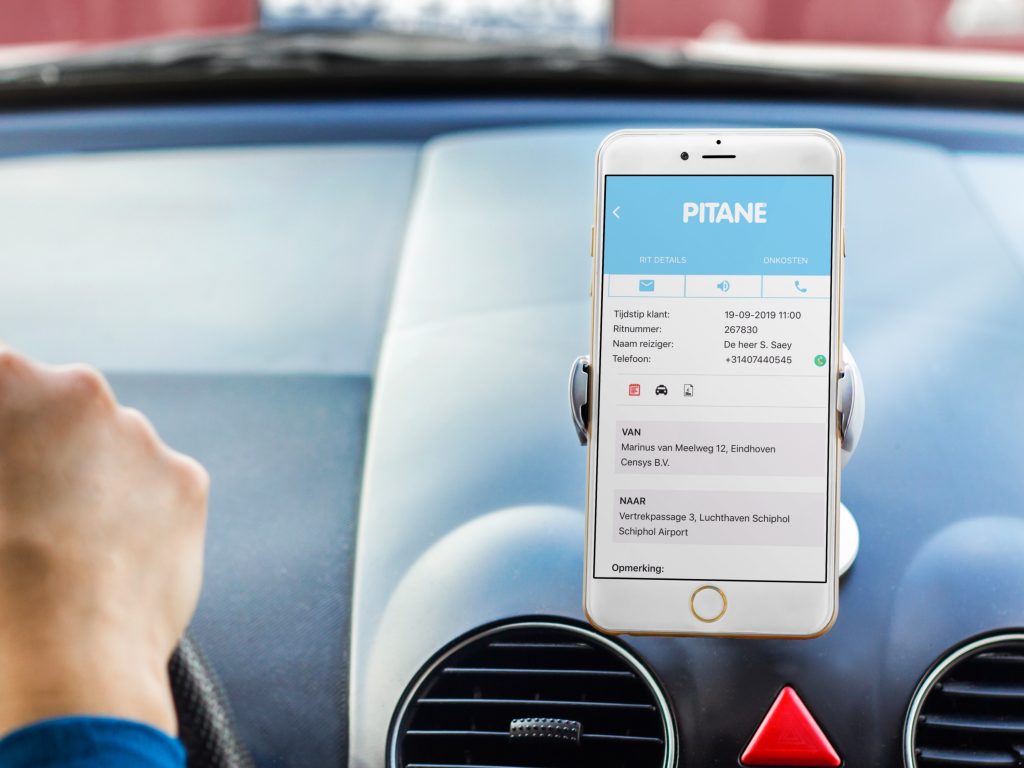
Transport company De Lijn and network company Fluvius are starting a structural collaboration for the realization of charging infrastructure for electric buses in Flanders. Through the collaboration, both companies are mainly aiming for synergy benefits, for example by optimally coordinating their investment plans. In the context of the climate objectives, Europe, Flanders and various cities and provinces have developed climate plans. De Lijn reports this in this press release on their website.
“In order to achieve the climate objectives, we in Flanders must fully engage in combi mobility and make the switch to more sustainable travel. This is a driving factor for De Lijn to further green its fleet. This objective was anchored both in the Flemish coalition agreement and in the management agreement. I am delighted that thanks to this cooperation agreement we are taking a new step towards fully emission-free public transport in Flanders ”, says Lydia Peeters, Flemish Minister of Mobility.
Charging infrastructure and connection of energy facilities
E-buses do not have a conventional combustion engine (on fossil fuels such as diesel or petrol), but are powered by an electric motor and battery. The batteries charge with electricity from the electricity network. Sufficient charging infrastructure is therefore also required so that the e-buses can charge.
“Anyone who says 'energy transition' automatically says 'electric mobility'. Over time, we want fewer and fewer petrol and diesel vehicles and more and more electric vehicles on the road. And to make that possible, we naturally need electricity and charging infrastructure. I am therefore very proud that two Flemish companies have found each other to work together and help achieve these objectives in the Flemish coalition agreement ”, says Zuhal Demir, Flemish Minister of Energy.
The cooperation agreement between The line and Fluvius aims to provide the necessary charging infrastructure, both at the depots and maintenance centers of De Lijn and possibly in the public domain. Fluvius is also looking for maximum synergy with the existing electricity grids and cabins. On average, a depot requires an electrical capacity of 10 megavoltampere (MVA), which roughly corresponds to the connection capacity of 1000 families.
What does the cooperation agreement entail?
For the greening of its fleet, De Lijn has resolutely opted for electric buses, or 'e-buses' for short. In total, De Lijn wants to replace no fewer than 2035 buses by hybrid or electric vehicles by 1200. A lot of electrical power is needed in many places to charge those buses. As a partner, Fluvius will help realize that ambition.
“De Lijn is fully committed to greening its fleet. Electric driving means much more than just the purchase and use of e-buses. The associated charging infrastructure and the connection to the grid operator's energy facilities in the depots of De Lijn must also be rolled out. It is a completely new ecosystem. Thanks to this collaboration with Fluvius, we can ensure that the further roll-out runs smoothly and that we achieve the objectives ”, says Roger Kesteloot, director-general De Lijn.
The collaboration between De Lijn and Fluvius started this spring with a pilot project in Leuven, where 2020 electric buses have been running since September 6. The success of that pilot project was the basis of the structural collaboration that is now being started.
“Flanders is in the midst of a crucial energy transition and electric mobility is an important part of it. This movement poses major challenges for the electricity grids, which will be loaded more intensively as electrification increases. We must focus on smart technologies and the right partnerships to provide maximum support for electric mobility, and to realize the switch in a financially efficient way. That is why this collaboration between Fluvius and De Lijn is so important ”, says Frank Vanbrabant, CEO of Fluvius.
Both partners will jointly draw up an action plan to prepare the De Lijn depots and maintenance centers for the construction of the necessary infrastructure. Fluvius provides tailor-made advice for each site with which De Lijn can meet the local power requirements. For example, Fluvius and De Lijn can jointly draw up a step-by-step plan for the step-by-step rollout and connection of charging infrastructure, without jeopardizing the local energy supply. Possible future charging locations in the public domain are also being further investigated.
The agreement has a term of 5 years and can be extended for 5 years each time. In the meantime, evaluations are carried out to implement any interim changes based on the lessons learned.
Budget and financing
The collaboration agreement has no direct financial impact. The actual realizations of the connection points are a result of the collaboration and are always presented separately to the board of directors of De Lijn. The board of directors then considers the approval in function of the investment program and the phased roll-out of the electrical bus systems in Flanders.
Also read: Autocarfederatie FBAA sends a big thumbs up to De Lijn









